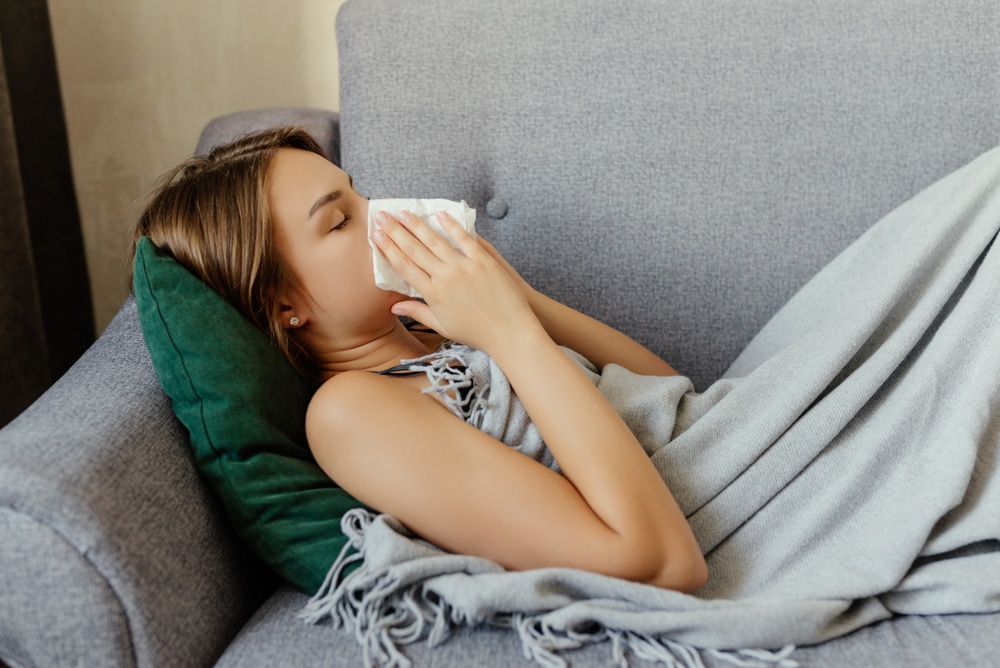Allergies happen to the best of us, folks! What you notice as a minor irritant during the day, however, can actually have an impact on your sleep! According to the Sleep Foundation, research shows that people with common allergies like hay fever are more likely to have sleep problems (https://www.sleepfoundation.org/articles/allergies-and-sleep).
To help get better sleep even when your allergies are are at full peak, here’s what you can do.
Turn your bedroom into a sleep place
You’ve probably already heard that your bedroom should be dark, cool, quiet and free of technology, and that’s sound advice. But as an allergy sufferer, you’ll want to do a few more things. First, keep your windows closed so allergens can’t flood your bedroom from the breeze. Make sure all of your filters in your heating and cooling systems are clean as allergens can gather there and get into your home’s air. Change your pillowcases and bed sheets regularly, and wash those blankets–your bed linens can become a nice home for allergens.
Since dust mites are very common and can trigger reactions in people with allergies, consider changing your mattress at least once every seven years and your pillows every six months. You can also protect yourself from these microscopic irritants by having plastic covers on your pillow and mattress.
This one will be hard for pet lovers, but if you have animal allergies, you will probably want to keep your pets off of the bed and out of the bedroom entirely. If you just can’t bring yourself to do that, you’ll need to do more frequent cleanings of your bedroom and washings of your bed linens.
Last but not least, make sure you vacuum both your carpet and your furniture often. Carpets, rugs and upholstery surfaces are where allergens linger. Spring for a vacuum with an allergy filter built in for better results. If your floors are hardwood, make sure they are swept and mopped often.
Try some natural methods
A steam bath can help loosen the congestion from your allergies, and a nasal saline rinse can help remove pollen in your nose and reduce nasal passage swelling. If you don’t shower before bed, now is the time to start! When you shower, it removes all the dander and allergens that may have settled on you throughout the day so you’re more allergen-free for bed.




